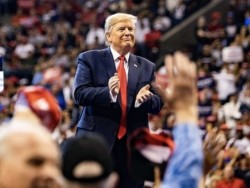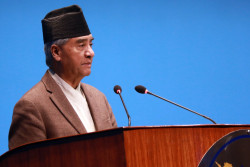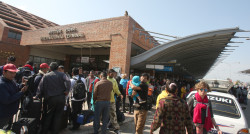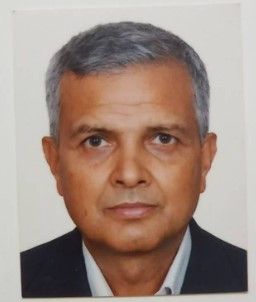Opinion
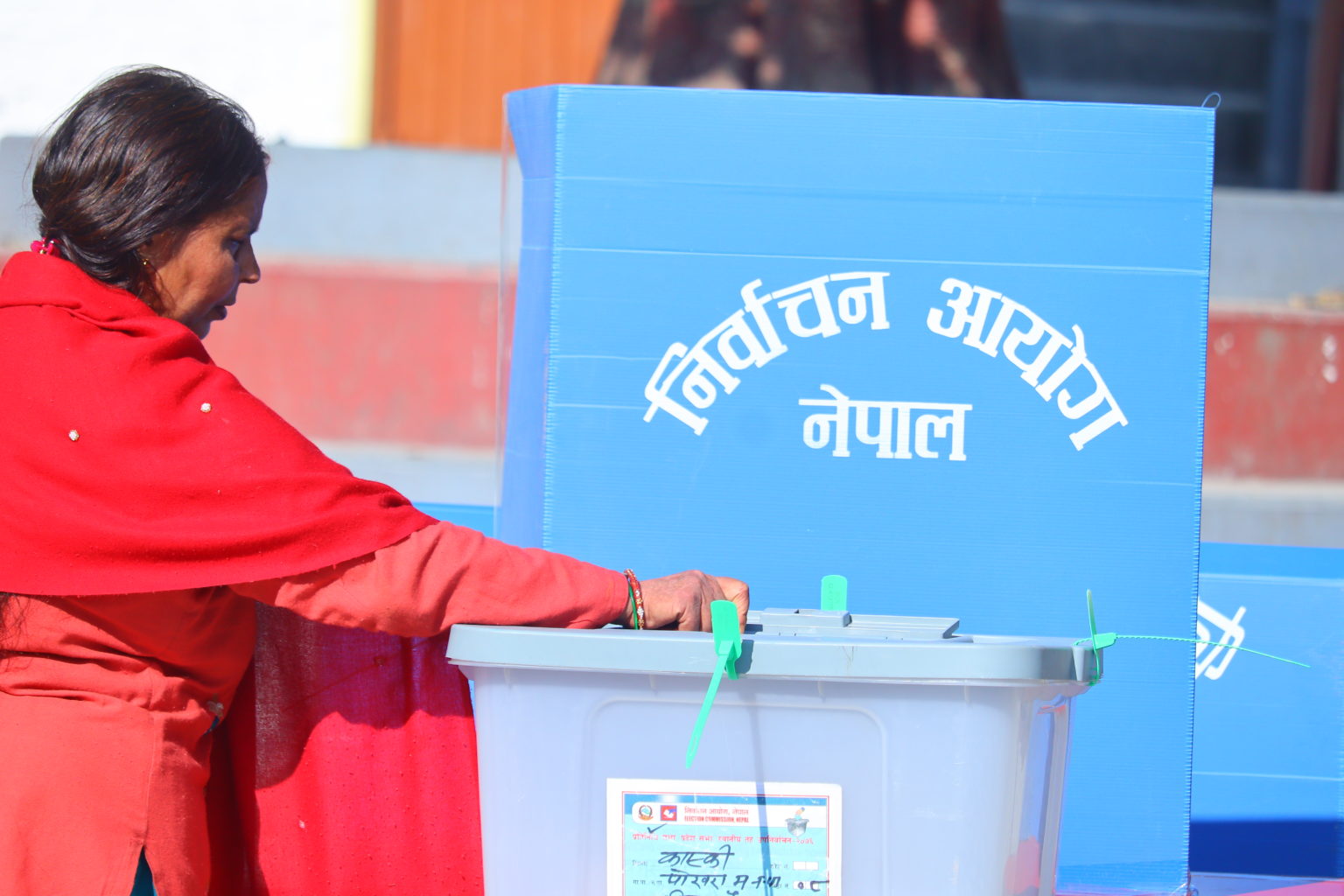
The concept of democracy originated in the ancient Greek city of Athens in 500 BCE. Since then democracy has undergone continuous evolution both in form and substance. The ancient Athenian system was direct democracy in which all eligible city dwellers would assemble in the city centre and participate in the decision-making on every issue concerning them.
However, with the development of complex societies, direct democracy and the system of seeking consent of every individual citizen on each issue and subject is not possible. Thus, the idea of representative democracy emerged which is now in vogue worldwide.
In representative democracy, people elect their representatives who make decisions on behalf of the citizens.
"… of the people, by the people, for the people"
Former American president Abraham Lincoln (1809-1865) didn’t know his Gettysburg speech would be so immortal. In his tributes to the soldiers killed in the American civil war (1861-1865), Lincoln gave an emotional speech in Gettysburg, Pennsylvania in 1863, and said “… the nation shall have a new birth of freedom, and that the government of the people, by the people, for the people, shall not perish from the earth”.
Lincoln's that phrase – “the government of the people, by the people, for the people” – serves as a mantra of democracy throughout the world.
Democracy is people’s polity in which the government is created by the people from among themselves.
In the modern representative democracy, political parties generally represent the citizens. People choose their representatives to govern on their behalf. It is done through elections and the government formed through people’s consent is presumed to concentrate its energy and strength on the broader interest and welfare of the people.
Bertrand Russel, therefore, says, “Democracy is the process by which people choose the man who will get the blame”. The periodic election is, thus, central to democracy.
People are the masters of their own destiny in a democratic dispensation.
In democracy the system serves as 'means' while the public good is the 'end'. While the system is important but the system alone is not everything. What is more important is the intent, competence and will of those who handle democracy. It is said ‘people get the government they deserve’
Erosion of public trust
Democracy without periodic elections is inconceivable. If there is no election, there cannot be democracy. Election is the soul of democracy. But not all elections are democratic. Elections are held in authoritarian dispensations as well but they are often manipulated to give legitimacy to a ruler or a particular party.
Genuine elections are held only in democratic system on multi-party basis. Thus, the election must be free, fair and credible in order to maintain the sanctity of democracy and public faith.
But the credibility of elections is slowly diminishing globally owing to which public trust on democratic system and government is eroding. According to Pew Research Centre.
In April 2022, only 20 percent Americans approved of what their government was doing, which meant 80 percent were unhappy with the government’s performances. This is not merely the American case but a global phenomenon. Public cynicism is rising even in mature western democracies which gave rise to eccentric leaders, who have tarnished democratic regimes.
Election year
In Nepal, this is an election year. We had local elections in May. The country is going to the elections for federal parliament and the provincial assemblies for which we have less than ten weeks.
On November 20, Nepali voters will decide their destiny for another five years by presumably choosing the best candidates and party or parties to govern the country at the centre and in seven provinces.
The Election Commission has already made necessary election-related programmes. The Election Commission this time seems to be stricter in observing the election laws, code of conduct to be followed by political parties, governments, candidates and all other stakeholders aiming at maintaining sanctity of the polls.
Participation in the election reflects the faith of the people in the political system. The higher the voter turnout, the greater will be the participation and public trust in the political process. Right to vote is the fundamental rights of citizens.
But at the same time, it is the duty of the citizens to vote and actively participate in the electoral process. If people do not participate in the election, wrong persons will benefit and the governance will go to the hands of political crooks that will further pervert the political system.
Hinting, perhaps, at this scenario, George Jean Nathan, says ‘bad officials are elected by good citizens who do not vote’. It may also be worth noting a Turkish proverb here which goes as: “The forest was shrinking but the trees kept voting for the axe, for the axe was clever and convinced the trees that because his handle was made of wood and he was one of them”. This often happens if people do not make informed and conscious decision in the election.
Costly elections
Election is the system which makes politics responsive and accountable. When it comes to sanctity of the election, it should not be taken as a one-day event. Election is a long process that has multiple aspects to ensure a genuinely free, fair and credible election.
Beginning with formulation of election-related legal frameworks, the process goes through preparation and updating the electoral rolls, educating voters on election and its process, making logistical and human resource management for the polls, security of the votes, conducting election on the polling day, vote counting and declaration of the results.
In a way, election is the continuing process to connect the voters with the parties and politics.
It is being widely felt that elections are becoming increasingly expensive and unaffordable for ordinary people in Nepal. Money, muscle and media manipulation seem to have played larger role in the election.
If such trend continues, it may promote serious aberrations further eroding public trust in our political and electoral system. It is now high time that all stakeholders take these aberrations seriously and do the needful to reform our electoral system and preserve the sanctity of elections.
Fait accompli
Nepal has adopted a mixed of first-past-the post or majoritarian and proportionate system of election. Nepali voters will have multiple choices out of which they will have to select the best.
Given the electoral system, no single party is likely to secure a majority in parliament to form its own government. The alliance is, thus, our fait accompli.
Chanakya Niti says: “Merit makes a person great not just getting a high position. A crow does not become Garuda (eagle) just by perching on the top of a palace”.
Election, thus, is the time to distinguish between the crow and Garuda or eagle and elect Garuda or something like separating the grain from the chaff. Let us hope wisdom prevails on the Election Day and good, honest and competent candidates and parties get the chance. This will determine the destiny of the 30 million Nepali people.
